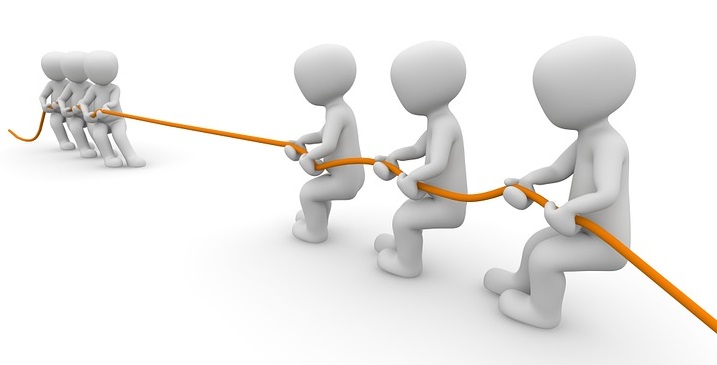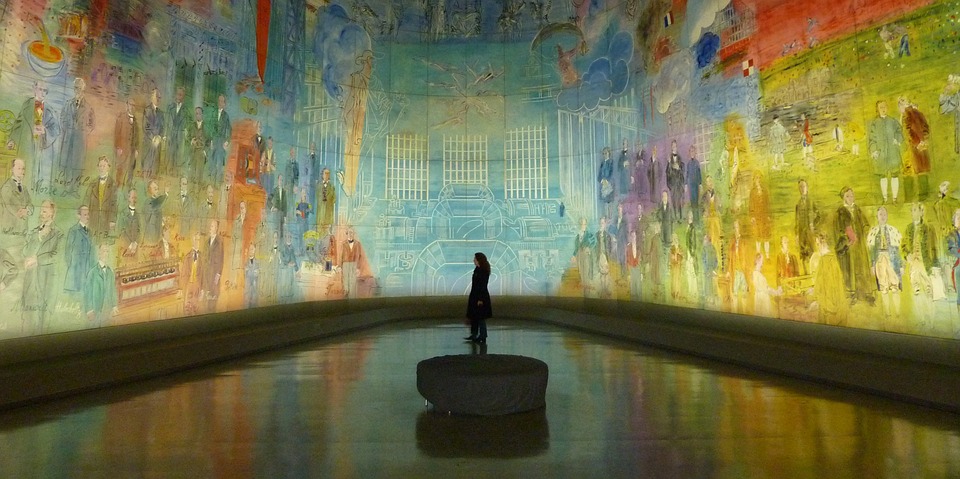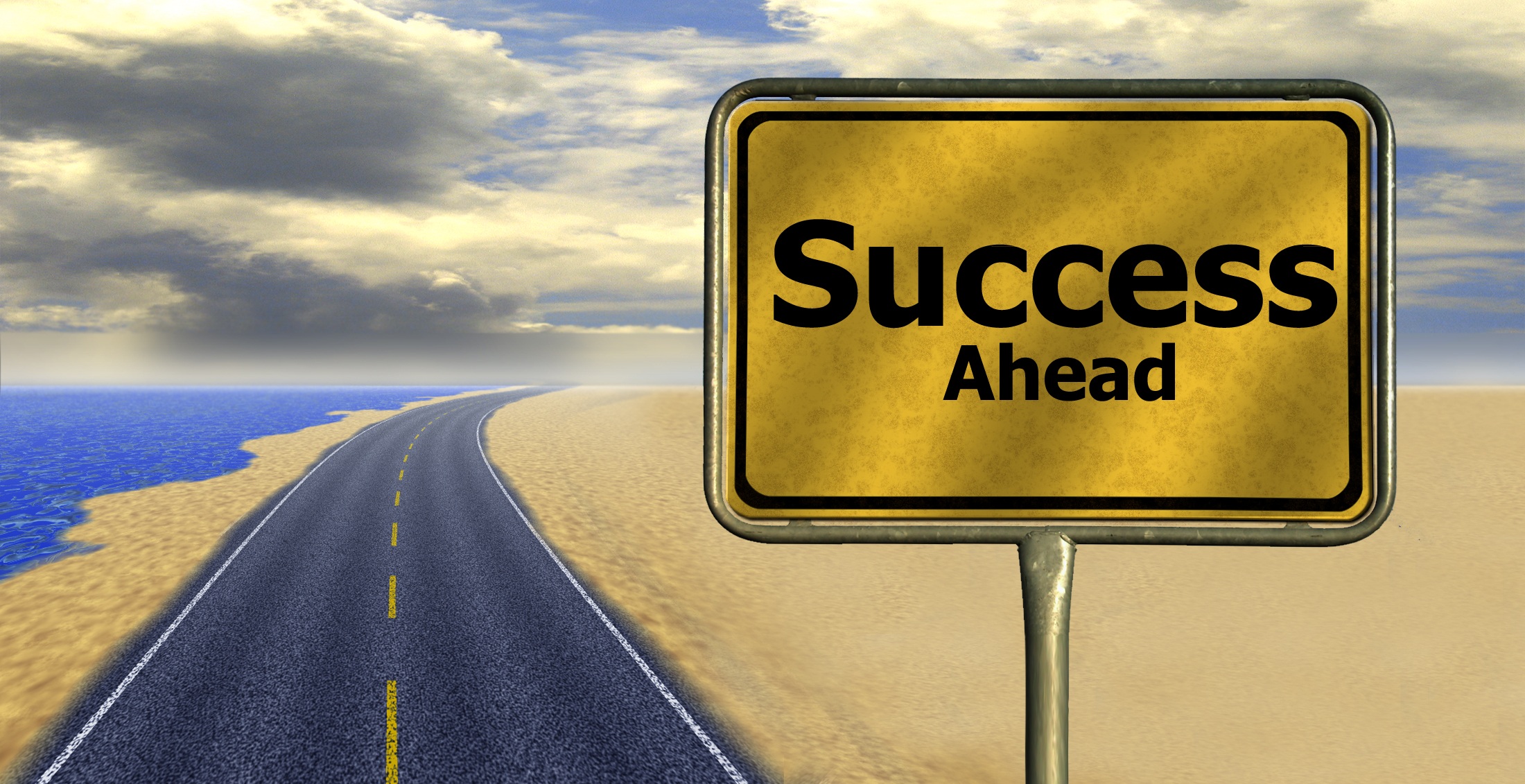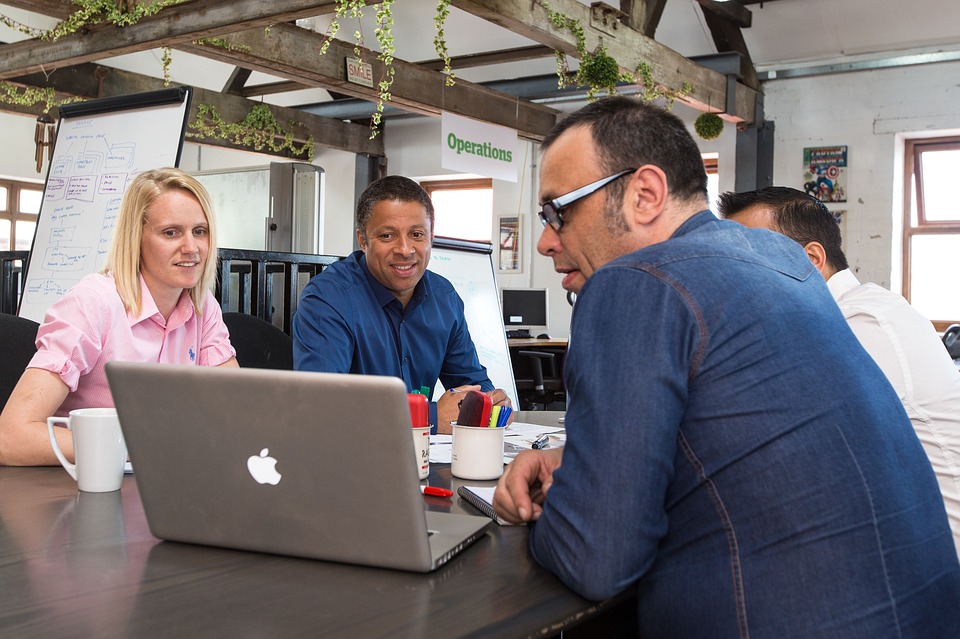Sometimes the only way to tackle a complex challenge is to be simplistic: as many have said, Africa’s greatest strength is also its greatest weakness – the vast amounts of resources within easy reach. It seems to deprive many Africans of the will to desire and expect more, to create a long term vision which becomes so compelling that it motivates focussed action.
I know Africans are not one people but still, we can address all of Africa’s young ones to help them create a powerful vision to desire better things all around them, built on their strengths. A strong desire for better futures + knowledge of strengths = confidence and determination to control one’s fate. Much of the confidence I presently see in some forums appears to be infected with a sense of reliance on external influences. It is not confidence based on people knowing their strengths and their ability to choose how to address their weaknesses. Confidence mostly comes from past personal experience or for the young, from receiving consistent messages.
Education in Africa for example, can be made more effective for the future by ensuring consistent clarity of the reason for educating children, a reason that goes far beyond a certificate and personal wealth. A reason that is about the community. A desire for certificates and wealth is great and increasingly shared by young people all over the world. However few would doubt that but the environment will determine how much they can be enjoyed. The pressing need for the future is therefore to create a context in which personal possessions can be enjoyed.
Corruption in Africa which most would identify as the key problem in the continent is but a symptom driven by a short-sighted desire to cater for one, not for a community or a generation. If you ask 5 consecutive “whys” for the enduring challenges in any Africa country, I suspect you will arrive at a mindset. A mindset can be changed with motivation and persistent attention. Individuals can start taking small steps to address the real underlying weaknesses. It could be something as simple as asking young ones to consider for a few minutes: If the only restriction were to be that you must remain in Africa, what would you want to be doing in 10 years time? Who would be around you, at work and on the streets? What would the environment and infrastructure look/feel/smell like?
Such cultural change will not come easy because change is always difficult. However it can be achieved if all adult Africans were to help cultivate an ambitious, positive vision of the future at every opportunity, a block-by-block approach to building. Given my initial premise, an alternative path would involve a massive disaster that would deprive Africa of its natural resources and force innovative responses for survival. Mother nature may yet deliver this option.
So, do you believe it is possible for your African country to have the best quality of life on the planet? Really? Some wise person once said that when your future becomes clearer and more desirable than your present, you will begin to move towards it.







 I also saw the opportunity for skill development. We gain and lose many skills in our life’s journey, depending on the opportunities we see but also on choices we make. When we gain a skill and do not use it, we are likely to lose it, just like a top-range car left unused in a garage, or a designer dress locked away in a cupboard, past its season. The opportunity for creating a skill was there for a purpose and if not utilised when it is needed, someone or something else will fill the gap.
I also saw the opportunity for skill development. We gain and lose many skills in our life’s journey, depending on the opportunities we see but also on choices we make. When we gain a skill and do not use it, we are likely to lose it, just like a top-range car left unused in a garage, or a designer dress locked away in a cupboard, past its season. The opportunity for creating a skill was there for a purpose and if not utilised when it is needed, someone or something else will fill the gap.


